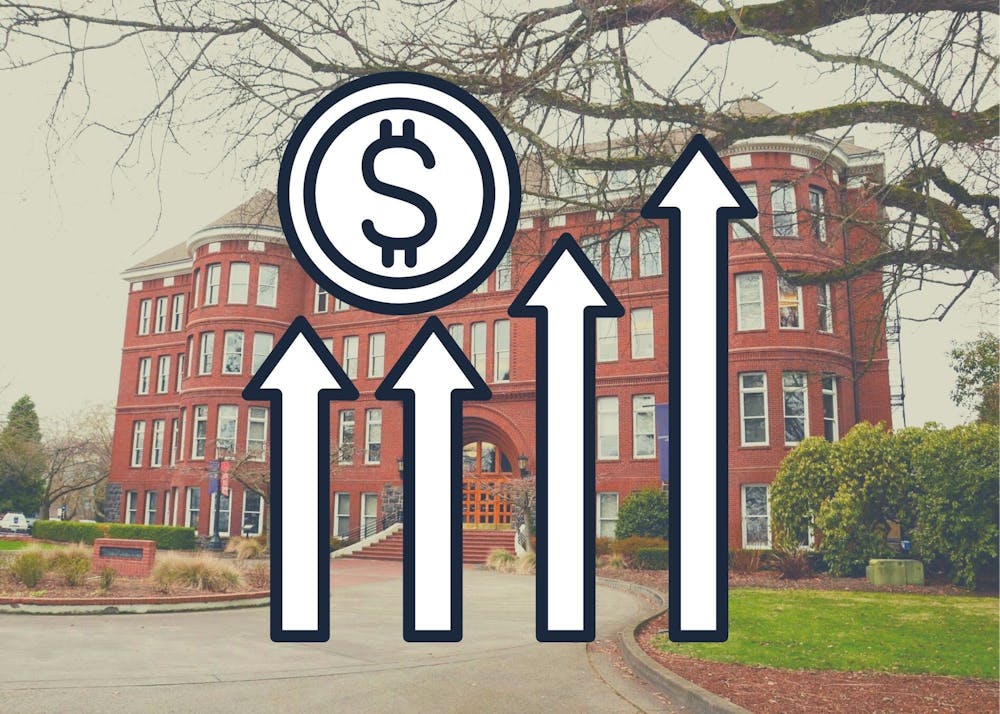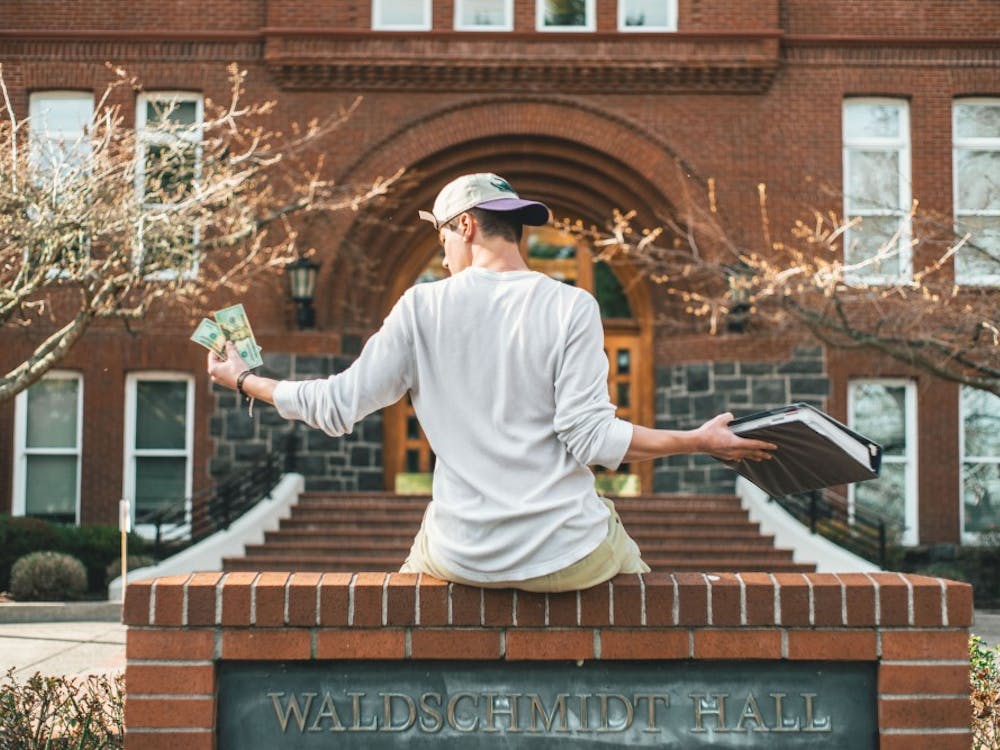Full-time undergraduate tuition is increasing from $47,478 to $49,424 for the 2020-21 academic year, a 4.1% increase. Room and board costs are going up an average of 3.7%. For a student living on campus with Meal Plan One, the increases bring the total cost of attendance to $63,272 a year, a $2,448 increase over the current academic year.
University President Fr. Mark Poorman made the announcement in a letter to parents the week of March 10. The letter was unrelated to the COVID-19 crisis. Historically, the university notifies parents of tuition increases around the week of spring break. In recent years, the cost of attending UP has gone up annually around 4%.
Poorman’s letter included a comparison of UP’s tuition and room and board to other West Coast Conference universities (WCC), Holy Cross institutions and other colleges in Oregon and Washington for the 2019-20 academic year. UP holds the third-lowest tuition between other WCC schools but remains in the upper half of the pack for schools in Oregon and Washington.
Few UP students pay the full tuition price. According to Poorman’s letter, more than 96% of full-time undergraduate students and 81% of all UP students receive institutional financial aid in some form.
UP and most private universities offer many scholarships and grants to incoming freshmen, which means they don’t pay the full tuition price. Under UP’s discount rate of approximately 45.5%, freshmen pay 54.5% on average of the full tuition price.
However, as tuition increases year over year, UP merit-based scholarships do not increase to compensate.
These are uncertain times, and an increase in tuition for those students whose scholarships will not be increasing might be concerning. The good news is, for students who have covered their current tuition with student loans, all government student loans have had interest waived for 60 days. There may also be future relief for students with private loans in the future.
Austin De Dios is a reporter for The Beacon. He can be reached dedios22@up.edu.








